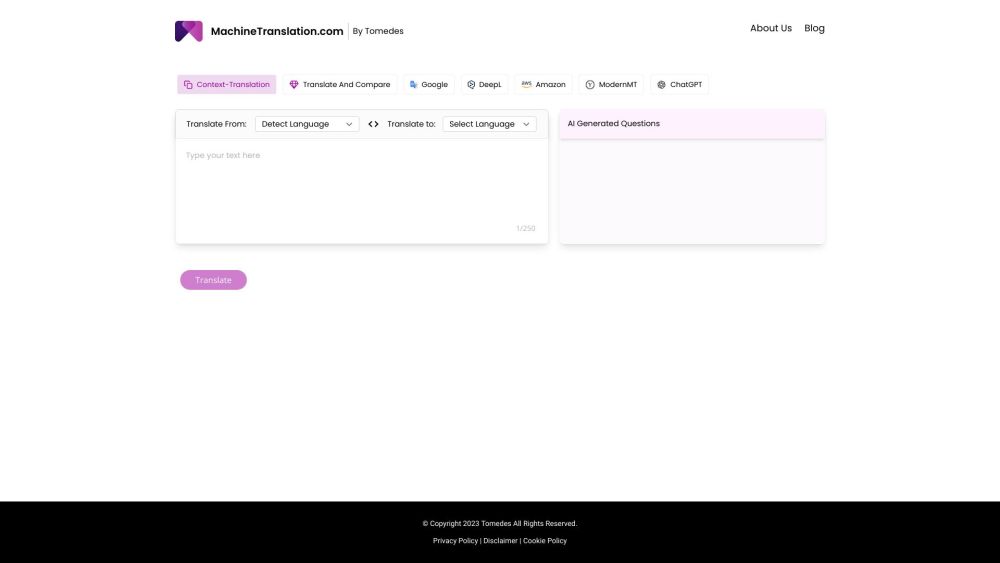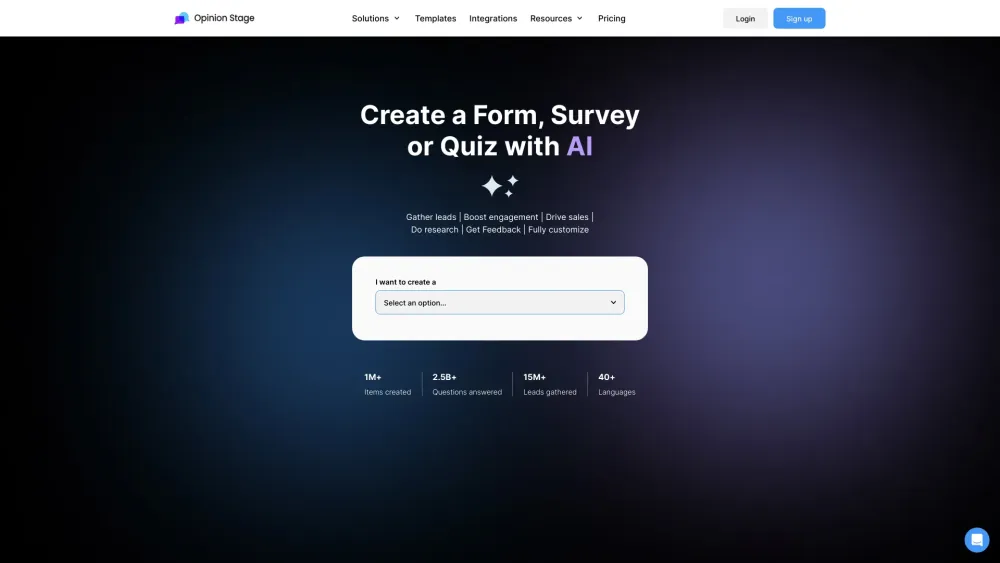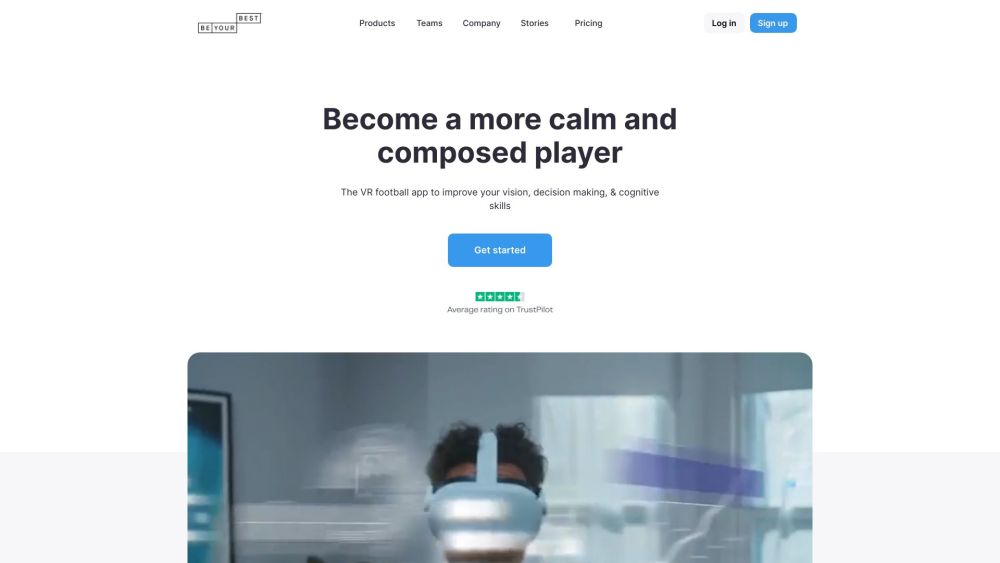In an effort to keep up with generative AI competitors like Anthropic and OpenAI, Google is enhancing the free version of its AI-powered chatbot, Gemini. These updates aim to boost performance and broaden accessibility.
Starting Thursday, Gemini 1.5 Flash — a streamlined multimodal model that Google unveiled in May — will be accessible online and via mobile devices in 40 languages across approximately 230 countries. According to Google, Gemini 1.5 Flash offers improvements in both quality and latency, especially in logical reasoning and image comprehension.
Interestingly, this version may also reduce operational costs for Google. At the launch of Gemini 1.5 Flash, the company highlighted that this model is a "distilled" and efficient iteration of Gemini 1.5 Pro, specifically designed for "narrow," "high-frequency" generative AI tasks. With the high costs associated with maintaining a chatbot platform like Gemini—similar to OpenAI's ChatGPT expenses—Google is keen to seize any cost-saving opportunities that also enhance performance.
Previously, the ability to upload files for analysis was exclusive to Gemini Advanced, the paid version available through Google's $20-per-month Google One AI Premium Plan. However, Google announced that it will soon permit all users to upload files directly from Google Drive and local devices.
“You’ll be able to upload your economics study guide and ask Gemini to generate practice questions,” stated Amar Subramanya, Google's VP of Engineering, in a blog post shared. “Soon, Gemini will also analyze data files, uncover insights, and visualize results through charts and graphics.”
To address concerns about hallucinations—instances where AI, like Gemini 1.5 Flash, fabricates information—Google is previewing a feature that links to related web content beneath certain Gemini-generated responses. English-speaking users in select regions will notice a "chip" icon at the end of a Gemini-generated paragraph that connects them to websites or emails (if permission is granted for Gmail access) for further exploration.
This initiative follows reports that Google’s generative AI models have displayed significant hallucination issues—for instance, recommending nontoxic glue in pizza recipes and generating fictitious book reviews attributed to real individuals. Earlier this year, Google introduced a "double check" feature in Gemini to highlight claims that are validated or contradicted by existing online resources. The addition of related content links aims to provide transparency regarding the information sources that inform Gemini's responses.
A key question remains: how consistently and accurately will Gemini provide these related links? Time will tell.
Following the introduction of Gemini in Messages on select devices earlier this year, Google is now expanding this feature to the European Economic Area (EEA), the U.K., and Switzerland, allowing users to communicate in newly added languages, including French, Polish, and Spanish. Users can engage with Gemini in Messages by tapping the “Start chat” button and selecting Gemini as their chat partner.
Additionally, Google is launching the Gemini mobile app in more countries and expanding access to teenagers globally. The company rolled out a teen-friendly version of Gemini in June, permitting students to register using their school accounts — although not in all regions. In the coming week, Gemini will become available to teens in all countries where the service is available to adults.
Alongside this rollout, Google is implementing "additional policies and safeguards" to protect teen users, although specific details remain undisclosed. A new onboarding process tailored for teens, along with an "AI literacy guide," aims to assist them in using AI responsibly.
This topic is a matter of considerable debate, as questions persist about whether children are using generative AI tools as intended or misusing them. Google is undoubtedly eager to avoid negative headlines suggesting that Gemini promotes academic dishonesty or offers misguided personal advice, prompting the company to take proactive measures to mitigate potential misuse.





